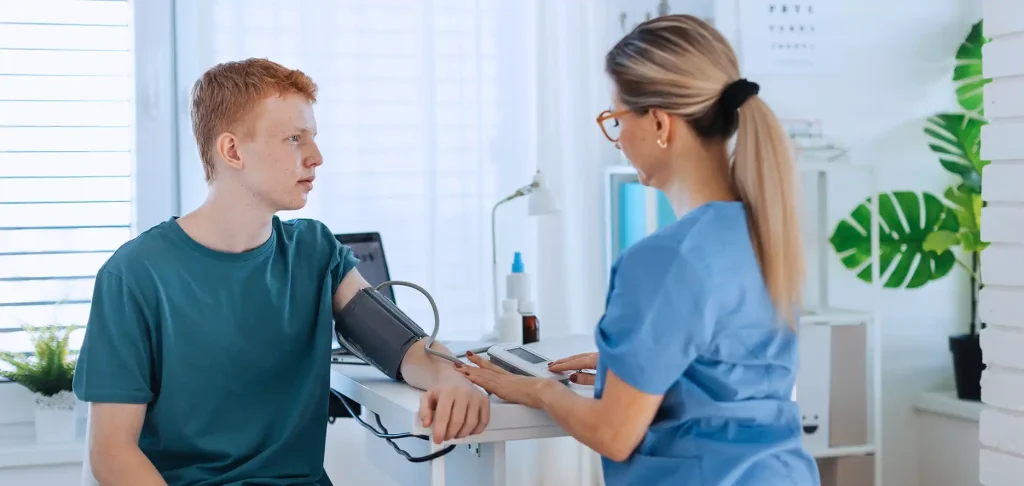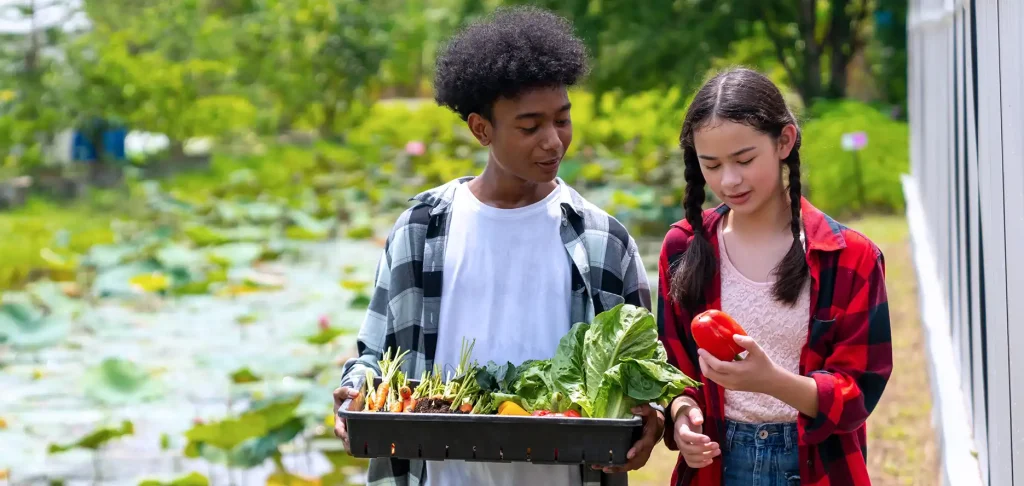Most of us think of heart disease as a problem for middle-aged adults. You know, people juggling work stress, extra weight, or years of bad habits. But the truth is, the roots of heart disease can start much earlier.
Studies now show that high blood pressure during childhood does not actually get “grown out of.” It, silently, lays the grounds for serious heart trouble later on and raises the risk of death from cardiovascular diseases in adulthood.
What the Research Shows
There was a decades-long study that observed the children into their adulthood, tracking the blood pressure and long-term health. What is the result? Children with a history of consistently elevated blood pressure were more likely to develop strokes, heart attacks, and even premature death.
The operative words are “early numbers really did matter.” The high readings were not just coincidental blips; they were clear alerts that there were already deeper cardiovascular risk factors moving into action. Think about it: if the arteries are stressed and strained in childhood, that very damage never just goes away. It just keeps building up, year after year, into adulthood.
Why Early Blood Pressure Matters

Blood pressure is one of those things we don’t think about until later in life. But here’s the catch , if it’s elevated during childhood, the heart and arteries are already working harder than they should. That means the body carries years of extra stress before adulthood even begins.
This is why experts from the reputed heart care center in Surprise say blood pressure checks should be a routine part of every child’s doctor visit. Just like measuring height and weight, tracking blood pressure can help spot problems early.
The earlier we notice, the easier it is to make changes that protect a child’s future.
What Parents Can Do Right Now
- Aim for at least an hour of play or activity every day. Avoid sitting for too long.
- Fix the diet by incorporating more fruits and vegetables while avoiding fried foods.
- Set the example. Kids are more likely to eat well and move if they see their parents doing it too.
For children already diagnosed with childhood high blood pressure, closer monitoring and sometimes specialist support are needed. The best heart specialists in Surprise may even refer families to clinics focused on heart health, where customized care plans can guide families through diet, exercise, and sometimes medication.
A Story That Brings It Home

Take Jordan, a 12-year-old boy whose blood pressure kept running high at routine visits. He didn’t look sick. He played video games, loved chips and soda, and often stayed up past midnight. His parents figured it was “just a phase.”
But a cardiologist from the reputed heart care center in Surprise explained the risks and pushed for change. The family started swapping soda for water, adding more vegetables at dinner, and going for short walks after school. Jordan also joined a local soccer team.
Within six months, his blood pressure readings dropped. Even better, he felt more energetic, less tired, and his confidence grew. That’s the hidden power of catching the problem early. It’s not just about numbers but the quality of life.
Looking Ahead

This research is a reminder that health is a lifelong journey. The habits formed in childhood, what kids eat, how active they are, how much they sleep, all leave marks that can show up years later.
By addressing risks early, we don’t just protect kids now. We lower their chances of being adults with heart disease, strokes, or worse. Preventing heart trouble is always easier (and cheaper) than treating it later.
Final Thought
Heart disease doesn’t suddenly set in during someone’s forties. Sometimes it begins quietly, with habits or numbers we simply choose to ignore as kids. There is no doubt today that childhood high blood pressure is more than a temporary problem. It is a marker for future risk.
If heart health is taken seriously and the risk factors are combated with the guidance of the best heart specialists in Surprise, the children can lead a longer and healthier life. Protecting kids today means safeguarding their tomorrows.



